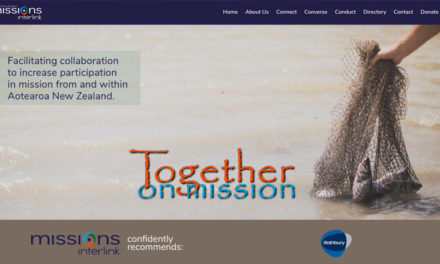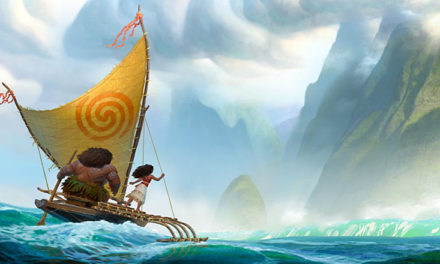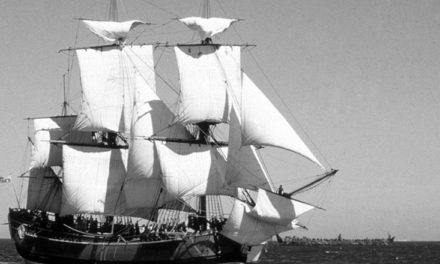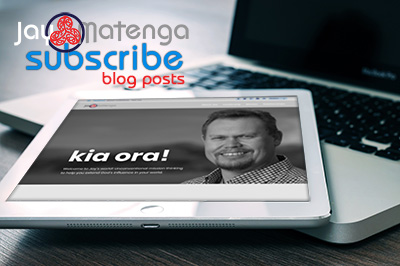The Empty Basket
Tena tātou katoa e te iwi mīhana… (Greetings to all the people in mission),
This month’s whakataukī (proverb) is: “Whaiwhia te kete mātauranga hei oranga mō koutou” (Fill the basket[s] of knowledge for the sake of your wellbeing). It is an encouragement towards learning, but (as usual) much more is meant by it than what appears at face value. According to customary narrative, te kete mātauranga (the basket[s] of knowledge) is not a single basket, but three baskets. The story tells of Tāne, lord of the forests, ascending to the highest heaven where he encounters Io Matua Kore (the uncreated elder, who many Māori Christians consider compatible with the God of the Bible). In Io’s presence, Tāne’s request for knowledge was granted with the gift of three baskets: Te kete Tuauri (sacred knowledge— understanding of reality beyond our sense perception), Te kete Tuatea (ancestral knowledge—that which is handed down through the ages), Te kete Aronui (knowledge before us—that which is learned through careful observation of relationships, between people and our habitats). Wisdom, then, is the application of all three kete in operation together, never one without the others.
The posture required for trans-boundary missions service: a humble servant-learner, rather than a superior authoritative teacher.
In a recent conversation I had with Alan Jamieson (leader of the NZ Baptist Missionary Society), he quoted David Moko (Kaihautu of Manatu Iriiri Maori—leader of the Baptist Māori Ministries) recommending that missionaries enter new relationships with an empty basket in front while keeping their full basket behind. The context of my conversation with Alan concerned the posture required for trans-boundary missions service—of a humble servant-learner, rather than that of the superior authoritative teacher. I interpreted David’s metaphor through the story of Tāne and the baskets of knowledge.
In an ideal context of mutuality, each of us would simultaneously be open to learning and teaching one another.
To avoid putting my words in David Moko’s mouth, I would suggest we go into trans-boundary relationships with our three baskets of knowledge behind us and an empty extension of Te kete Aronui in front of us, which then influences the content at our back. We need to enter relationships with an openness to learn from the ‘other’, while not giving up all that we bring into the relationship. In an ideal context of mutuality, each of us would simultaneously be open to learning and teaching one another from our respective baskets of knowledge—our spiritual, historic and experienced understanding of the world we inhabit, contributing to each other’s front basket if you will.
With every new relationship and every interpersonal encounter (whether with people or other parts of God’s good creation) we need to be open to having our prior understanding of reality—the existing content in our knowledge baskets—ruptured, reframed, renewed, revitalised, or made redundant. This is the pathway to growth, to wisdom, to maturity. As the empty basket is filled by our interaction with the ‘other’, it provides us with new data points to import into our ways of knowing. This can be a very uncomfortable experience if the ‘other’ person’s way of seeing the world is markedly different from ours and that of our belief-reinforcing community. However, a flat refusal to try and understand the ‘other’ person’s perspective, or not allowing time to adequately understand it, is both a posture of arrogance and a fast-track to folly.
A flat refusal to try and understand the ‘other’ person’s perspective, or not allowing time to adequately understand it, is both a posture of arrogance and a fast-track to folly.
I am not suggesting we need to adopt ‘other’ perspectives, but given adequate opportunity to do so, they alter our way of seeing the world. They draw out things about our own faith and knowing that we have never seen or considered before. Our inner being is exercised like free weights exercise our outer muscles—tearing down and building up. We become stronger and larger as people and as Christ-followers. For Bible-believing followers of Christ, Scripture well interpreted and the witness of the Holy Spirit will always be our anchor points, together with our fellowship with other believers. As the elders exemplified in Acts 15, we need not fear “sharp debate”, for it is within such tensions that the mind of Christ is revealed to the body of Christ. Debates did not conclude with the ancient Church councils or the European systematising of theology. They continue in every age for every context, exploring new ideas before God—the very meaning of theology.
Issues of authenticity and identity are some of the most challenging ideas facing the global Church in our era. They arise from the relativising of authority in light of increasing pluralism. Waning Christendom, intoxicated as it is with the memory of colonialism, is in the death throes of decline, and its adherents struggle to adapt to the possibility of different, Biblically authentic, ways of living out our faith. Their knowledge baskets are not only closed but locked. This was precisely the issue Jesus had with the teachers of the law. They were defending a body of knowledge that refused to consider new data points and grow. It took a blinding encounter on the road to Damascus for Saul to become Paul—that was some ‘epistemic rupture’!
We must engage ‘others’ with an empty kete (basket) out front as we participate in God’s mission. It is a posture of love, generosity and humility, and it ensures that the gospel we share will grow indigenous churches—the only kind that has flourished in the history of global Christianity. By all means guard your heart, but love should allow a free pass as we engage and grow with ‘others’ while we together, #stayonmission.
Whakapaingia te Atua, to tatou kaiunga ki te ao whanui (May we be blessed as God sends us into the wider world),
Jay







